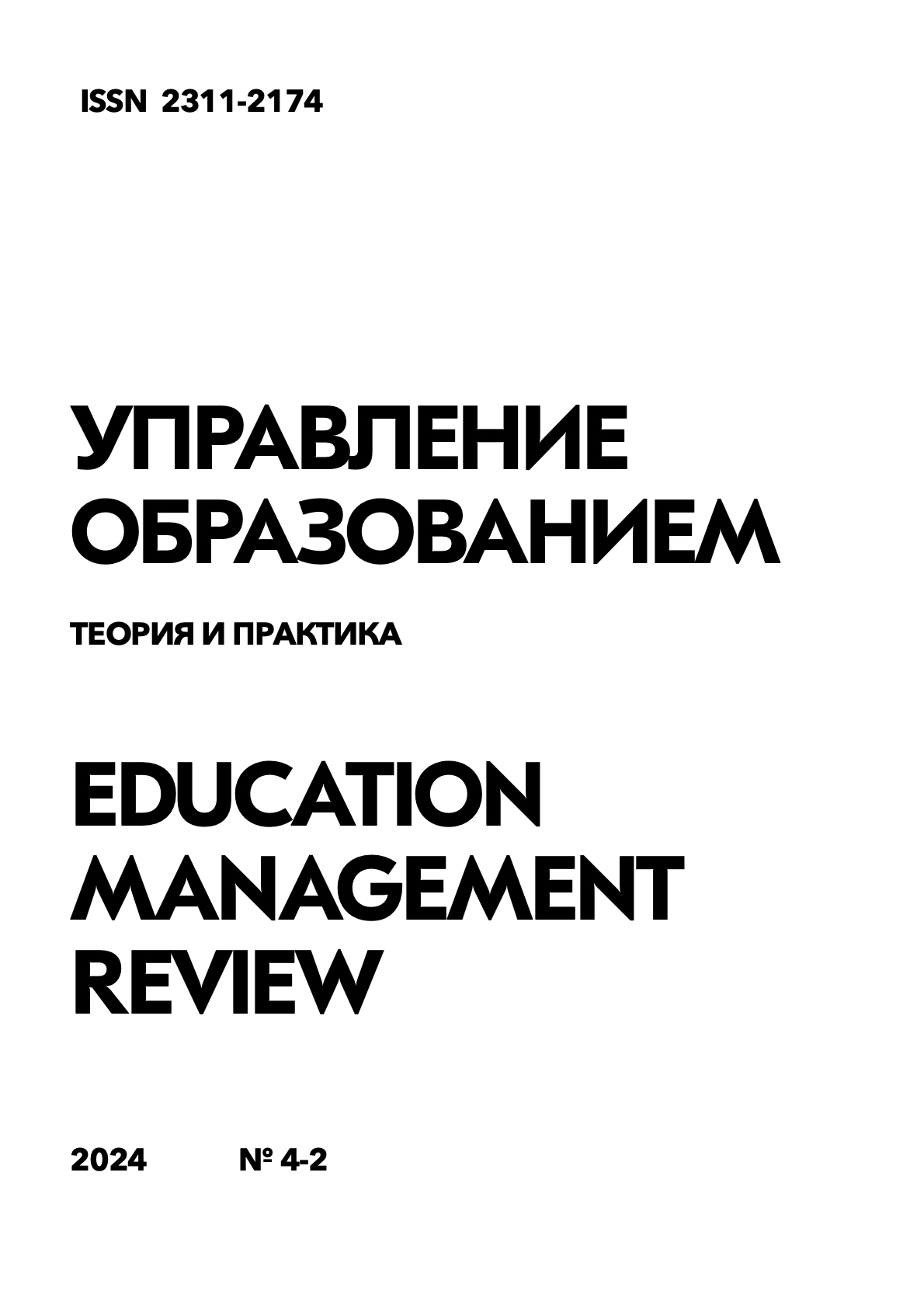The use of open educational resources in teaching a foreign language in a non-linguistic university in groups with different levels of training
Keywords:
open educational resources, foreign language, non-linguistic university, multi-level education, individualization, methodological potential, language training.Abstract
This study is devoted to the analysis of the possibilities of using open educational resources (OER) in teaching a foreign language in a non-linguistic university in groups with different levels of language training. The relevance of the topic is due to the need to individualize the educational process and expand the range of didactic tools in conditions of limited classroom time. The purpose of the work is to determine the potential of OER for optimizing language training in heterogeneous educational groups. The tasks include the typologization of OER, the analysis of their didactic value, the development of methodological principles and the approbation of the technology of using OER. The research methodology is complex and based on a combination of competence-based, personality-oriented and technological approaches. The empirical base includes survey and testing data from 120 students of 1-2 courses, observations and expert assessments of teachers (n=15). A qualitative content analysis of 50 OER revealed their typological features and functional characteristics. A quantitative analysis of the results of experimental work showed an increase in motivation, academic autonomy and academic achievements of students in experimental groups by 25-40% compared with control groups (p<0.01). Methodological principles of selection and didactization of OER are formulated. It is proved that the integration of OER into language courses contributes to the individualization of learning, the development of all types of speech activity, and the improvement of independent work skills. The results of the study are of theoretical value for linguodidactics and digital pedagogy, and have practical significance for optimizing language education at a university. The prospects of the research are related to the study of the effectiveness of OER in the formation of intercultural competence and academic skills.
References
Азимов Э.Г. Использование МООК (массовых открытых онлайн-курсов) в обучении русскому языку как иностранному (достижения и перспективы) // Вестник Российского университета дружбы народов. Серия: Вопросы образования: языки и специальность. 2014. № 4. С. 124-140.
Акимова О.В., Бобыкина И.А. Перспективы использования открытых образовательных ресурсов в современной системе образования // Дискуссия. 2014. № 9 (50). С. 120-127.
Андреев А.А. Российские открытые образовательные ресурсы и массовые открытые дистанционные курсы // Высшее образование в России. 2014. № 6. С. 150-155.
Бехтерев А.Н., Логинова А.В. Использование электронной образовательной среды Moodle в создании интерактивных учебных курсов нового поколения // Инженерное образование. 2011. № 7. С. 22-27.
Бугайчук К.Л. Массовые открытые дистанционные курсы: история, типология, перспективы // Высшее образование в России. 2013. № 3. С. 148-155.
Герасименко Т.Л. Опыт использования массовых открытых онлайн курсов в России и за рубежом // Преподаватель XXI век. 2015. № 1-1. С. 118-125.
Гречушкина Н.В. Онлайн-курс как средство повышения качества самостоятельной работы студентов при изучении иностранного языка // Высшее образование сегодня. 2017. № 5. С. 17-21.
Нужнова С.В., Бобер Е.А. Массовые открытые онлайн-курсы в образовательном процессе вуза // Современные проблемы науки и образования. 2015. № 3. С. 497-503.
Патаракин Е.Д. Открытые образовательные ресурсы и сетевые сообщества // Высшее образование в России. 2010. № 7. С. 25-32.
Титова С.В. Дидактические проблемы интеграции мобильных приложений в учебный процесс // Вестник Тамбовского университета. Серия: Гуманитарные науки. 2016. Т. 21. № 7-8 (159-160). С. 7-14.
Kurelovic E.K. Advantages and limitations of usage of open educational resources in small countries // International Journal of Research in Education and Science. 2016. Vol. 2. № 1. рр. 136-142.
Littlejohn A., Hood N. How educators build knowledge and expand their practice: The case of open education resources // British Journal of Educational Technology. 2017. Vol. 48. № 2. рр. 499-510.
Marcus-Quinn A., Diggins Y. Open educational resources // Procedia-Social and Behavioral Sciences. 2013. Vol. 93. P. 243-246.
McAndrew P., Farrow R. Open education research: from the practical to the theoretical. Perspectives on open and distance learning: Open Educational Resources: innovation, research and practice. Eds. R. McGreal, W. Kinuthia, S. Marshall. Vancouver: Commonwealth of Learning and Athabasca University, 2013. рр. 65-78.
Mishra S. Promoting use and contribution of open educational resources. New Delhi: CEMCA, 2017. 150 p.
Pawlowski J.M., Bick M. Open educational resources // Business & information systems engineering. 2012. Vol. 4. № 4. рр. 209-212.
Wiley D., Bliss T.J., McEwen M. Open educational resources: a review of the literature: handbook of research on educational communications and technology. NY: Springer, 2014. рр. 781-789.
Downloads
Published
How to Cite
Issue
Section
License

This work is licensed under a Creative Commons Attribution-NonCommercial-NoDerivatives 4.0 International License.




